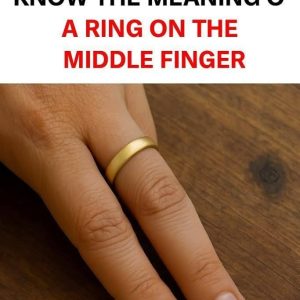In Bufkin v. Collins, the U.S. Supreme Court ruled 7-2 that courts must defer to the Department of Veterans Affairs (VA) unless there is a clear and unmistakable error in its decisions. This ruling weakens the traditional “benefit-of-the-doubt” standard, which had long favored veterans in cases where evidence for and against a disability claim was nearly equal. The decision makes it more difficult for veterans to appeal denied benefits claims, shifting the balance in favor of the VA’s original assessments and increasing the burden on those seeking relief.
The case involved veterans Joshua Bufkin and Norman Thornton, both of whom were denied benefits for PTSD despite presenting significant evidence supporting their claims. Under the previous standard, such cases—where evidence was closely contested—often resulted in rulings for the veteran. Now, the Supreme Court has made clear that unless veterans can prove a clear error on the part of the VA, courts must uphold the agency’s original decision. Critics argue this ruling undermines the intent of a system designed to aid those who served, while supporters claim it preserves institutional consistency. Either way, the decision marks a significant shift in how disability benefits cases are evaluated and appealed.




